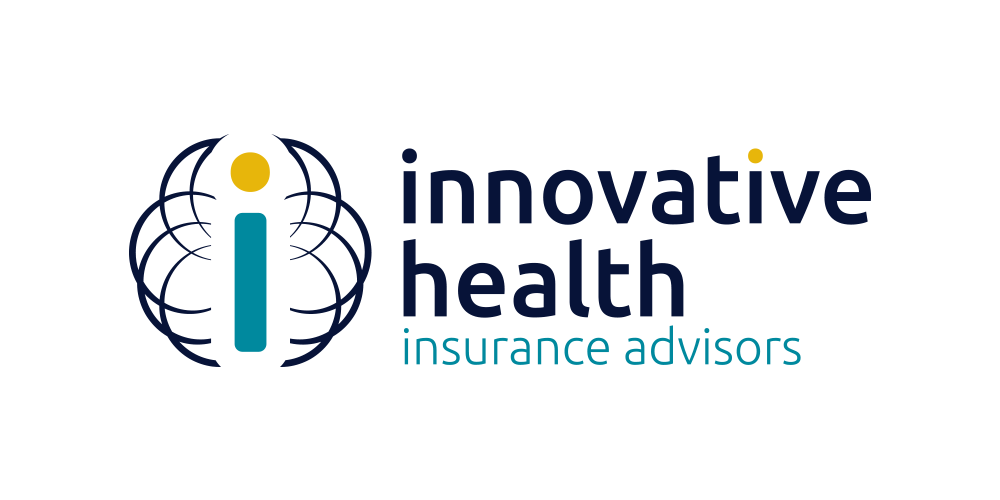Opt-in vs Opt-out Health Insurance: What you Need to know
Large employers offering employees health benefits need to choose between opting all employees in automatically, encouraging them to opt-in, or making them opt out of health benefits. When it comes to health insurance, opting in and out plays a key part in enrollment. Using the right strategy can help you as a large employer provides coverage for your employees.
Health insurance for employees promotes a healthier workforce because they partake in preventative care, which in turn creates more productive employees with higher morale. Health insurance keeps employers healthy through annual checkups, vaccinations, lab work, screenings, and immunizations.
Increased employee morale because of benefits will influence your company positively because it:
- Increases teamwork across the organization
- Causes better retention of employees
- Increases productivity
The American Hospital Association reports, “health insurance facilitates access to care and is associated with lower death rates, better health outcomes, and improved productivity.”
When employee health is supported, they are able to show up for work and be more productive. This reduces the amount you need to spend on paid time off, employee coverage, or hiring new employees.
The Society for Human Resources Management found that it costs at least over $4,000 to hire and train a new employee, and can take up to 52 days to fill that position. Companies with 0-500 employees can expect to spend over $7,500 in hiring costs. Hiring a new employee to replace one who fell ill due to preventable illness because of lack of insurance is a costly and unnecessary expense.
Opting in vs Opting out
Offering employee benefits produces numerous positive outcomes for your company and your company’s employees. With this in mind, how does opting in and opting out of health insurance influence you as an employer?
Opting in is the positive action taken to subscribe or enroll in health insurance whereas opting out requires that the employee automatically is signed up for health insurance, but they need to be able to unenroll just as easily. Persons opting in must check boxes or fill out information to agree to enroll. Persons opting out must uncheck or fill out information to end enrollment.
A powerful example of the power of opting in or out comes from organ donations. European countries follow opting out options for organ donations. In order to indicate you do not want to donate organs in case of an accident, you must opt-out. Nearly all European countries with opt-out organ donation policies have nearly 100% organ donation participation among their people.
On the other hand, America and other countries that facilitate an opt-in policy with organ donation reap vastly different results. Countries with opt-in policies have on average about 15% participation.
The Association for Psychological Science found that “studies show that relying on inaction yields better results.”
The psychology behind opting in and opting out
Psychologically, removing obstacles that make the desired behavior as easy as possible and obstacles in the way of unwanted behavior results in a performance of that desired behavior. Depending on the desired outcome, people will choose to opt-in or opt-out based on whichever action or option is easier.
The father of Social Psychology, Kurt Lewin, said, “make the actions you want to encourage easier, akin to moving downhill; and make the actions you want to discourage more difficult, aking to moving uphill”
How does this influence your company?
Employers encouraging employee health benefits because of their numerous positive rewards should consider using an opt-out method for higher retention of group health insurance.
Opting out policies to consider are:
- “Opt-out arrangements should be offered under a Section 125 cafeteria plan to avoid unfavorable employee taxation.
- The Affordable Care Act will consider certain opt-out payments as part of the employee’s premium for determining affordability under the act.
- Unconditional opt-out
- Conditional opt-out
- Eligible opt-out
- Opt-out incentives should be offered to all eligible employees.
- Federal and state law may consider opting out incentives to be wages for overtime pay.”
At SBMA, we offer affordable benefits for everyday people that are compliant with the Affordable Care Act. It covers medical, ancillary, worksite, and virtual health.
Read about why health insurance is important for your business here.









